The path to the Nobel Prize
This year the Nobel committee awarded the research on ancient DNA, financial crises, on bio-orthogonal reactions, and quantum information. But also, the efforts to defend human rights. Let’s find out who the 2022 Nobel winners are and how they achieved this recognition.
by Annalisa De Angelis, Denise De Santana, Giulia Donatiello, Sofia Gaudioso, Davide Giaccari, Lorenzo Giannetti, Sara Ludovici, Alessio Luna, Lucilla Nicastro, Roberta Ricci, Francesca Stazzonelli, Federica Villa, Alessandra Volpe.
Nobel Prize in Economics
Philip Hallen Dybvig
(May 22, 1955) is an economist. In 1976 he graduated in mathematics and physics and three years later he got a Ph.D. degree in economics. He has taught economics at Yale University, Princeton University, Southwest University of Finance and Economics in Chengdu, China, and Washington University. His research has mainly focused on characterizing the role of banks during periods of financial panic for which he was awarded the Nobel Prize for economics in 2022 together with Ben Bernanke and Douglas Diamond, who “with their discoveries have improved how society deals with financial crises”.
Ben Shalom Bernanke
(December 13, 1953) is an American economist and banker. He was the fourteenth chairman of the Federal Reserve, the central bank of the United States during the presidencies of George W. Bush and Barack Obama. In previous years he held the position of chairman of the Committee of Governors of the Federal Reserve, outlining what has been called the “Bernanke doctrine”, and then he held the role of director of the Council of Economic Advisors to President Bush.
Douglas W. Diamond
(October 1953) is one of the three Nobel Prize winners in economics 2022 “for his research on banks and financial crises”. His academic career began with a degree in economics from Brown University in 1975 and continued at Yale, where he received his doctorate in 1980. He has focused on studying liquidity, brokerage, and financial crisis. He is currently a professor of finance at the University of Chicago and an associate researcher at the National Bureau of Economic Research.
Nobel Prize in Chemistry
Carolyn Bertozzi
(October 10, 1966) is an American chemist who has studied the role of sugars in the physiological and pathological processes of human cells. In 2003 she focused her research on studying the “bioorthogonal reactions”, those that occur without interfering with the normal biochemical processes of an organism. Bertozzi’s work, which was awarded the 2022 Nobel Prize in Chemistry, is fundamental to developing and improving various therapies, including oncological ones.
Morten Meldal
(January 16, 1954 in Denmark) is a Danish chemist. He was a researcher and professor at the Technical University of Denmark (DTU) until 1988. Then he moved to the molecular biology laboratory in Cambridge and finally, he arrived at the University of Copenhagen. Since 1998 he has led the synthesis group in the chemistry department of the Carlsberg laboratory, a private Danish research institution. Around 2000 he began his work on the so-called “click chemistry” and on bioorthogonal chemistry (rapid assembly of complex molecules starting from simpler molecular blocks) which was worth him the award of the 2022 Nobel Prize for chemistry.
Karl Barry Sharpless
Karl Barry Sharpless (born April 28, 1941, in Philadelphia) is an American chemist at the Scripps Research Institute in San Diego. After receiving his Ph.D. from Stanford University in 1968, he continued his postdoctoral research at Stanford University, and then he moved to Harvard University. He is the fifth person in the world to have won the Nobel Prize twice, first in 2001 for his studies on stereoselective reactions and the second time in 2022 with C.R. Bertozzi and M. Meldal “for the development of click chemistry and bioorthogonal chemistry”.
Nobel Prize in Physics
Alain Aspect
(Agen, June 15, 1947) is a French physicist who has dedicated his entire career to the
study of quantum physics. Since the 1980s he has been conducting experiments to verify the violation of Bell’s inequalities, which imply that quantum mechanics is “incompatible” with some postulates of classical physics. For these studies, Aspect won the Nobel Prize for physics in 2022 together with John F. Clauser and Anton Zeilinger.
Anton Zeilinger
(Ried im Innkreis, Austria, May 20, 1945) graduated in physics at the University of Vienna, where he obtained his doctorate and where he is now a professor. He has held positions at the Universities of Innsbruck, Munich, Oxford, and the Massachusetts Institute of Technology. In 2010 he won the Wolf Prize for Physics. He worked on neutron interferometry and atomic optics, and then he focused his research on quantum entanglement for which he was awarded the Nobel Prize for Physics in 2022.
John Clauser
(born December 1, 1942, in Pasadena) is an American physicist known for his contributions to quantum mechanics. On October 4, 2022, he won the Nobel Prize in Physics together with Alain Aspect and Anton Zeilinger for their experiments on entangled photons, establishing the violation of Bell inequalities and pioneering quantum information science. This Nobel is a recognition of some innovative experiments of the 70s and 80s of the last century, which managed to perform, for the first time, a direct experimental test of quantum mechanics.
Nobel Prize in Literature
Annie Ernaux
(Lillebonne, France, 1 September 1940) grew up in a modest social condition. After her studies at the university, she obtained her teaching qualification and began her career as a teacher of modern literature. In the 1970s she actively participated in the feminist movement, writing political articles, and publishing her first novels. The themes of her works are abortion, loneliness, disillusionment, and the monotony of marriage. In 2000 she left teaching to devote herself entirely to writing.
Nobel Prize for medicine
Svante Pääbo
(Stockholm, 20 April 1955) is the son of the 1982 Nobel Prize winner in medicine Sune Bergström, and the chemist Karin Pääbo. After working in various laboratories in Sweden, Switzerland, the United States, and Germany, he settled at the Max Planck Institute for Evolutionary Anthropology in Leipzig, in the genetics department, of which he has been a director since 1997, teaching at the same time in Japan at the Institute of Okinawan Science and Technology. Analyzing the DNA of Egyptian mummies and men buried in the ice, he became passionate about molecular biology and about the hominin genome, which earned him the 2022 Nobel Prize for medicine.
Nobel Peace Prize
Memorial
Memorial is an association for the defense of human rights born in Russia in the late eighties to create a large historical archive to preserve the memory of women and men killed in the former republics of the Soviet Union during the Stalinist regime. Memorial now deals with protecting the rights of Russian political prisoners. Over the years Memorial has expanded to other European countries by creating a Center for the Defense of Human Rights.
Center for Liberties
The Center for Liberties is a non-governmental organization founded on May 30, 2007, in Kyiv, to improve the human rights situation in Ukraine. The association is led by the lawyer Oleksandra Matviichuk and its objectives are the defense and promotion of human rights and democracy. It is also engaged in the introduction of legislative amendments such as updating the penal code to strengthen Ukrainian civil society and put pressure on the authorities so that there is a full-fledged democracy in the country. After the Russian invasion, the organization undertook to identify war crimes against the civilian population.
Ales’ Viktaravič Bjaljacki
(Vjartsilja, 25 September 1962), Ph.D. at the Belarusian Academy of Sciences, has been a human rights activist for 40 years. He was born in Karelia, on the border with Finland, and for several decades he has been persecuted for his political commitment by the Belarusian president Lukašėnka. In 1996, he founded the non-governmental organization Viasna (Spring in Belarusian) in response to constitutional amendments that gave Lukašėnka dictatorial powers. He is currently in prison, without trial, for alleged tax evasion.
Higher educational course (Master) La Scienza nella Pratica Giornalistica della Sapienza Università di Roma




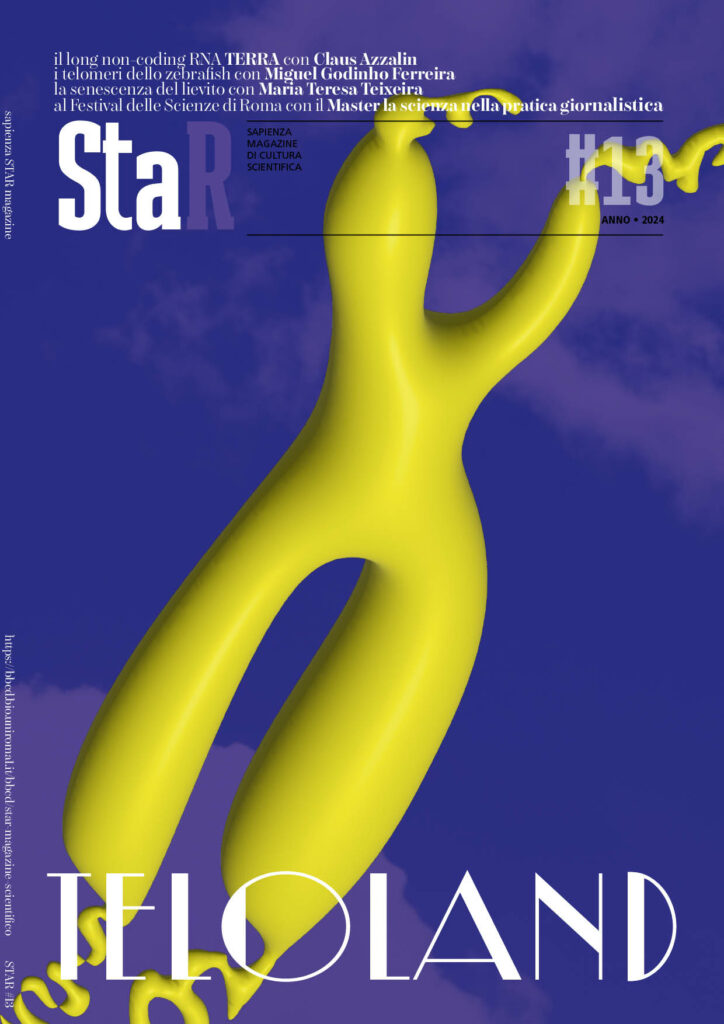



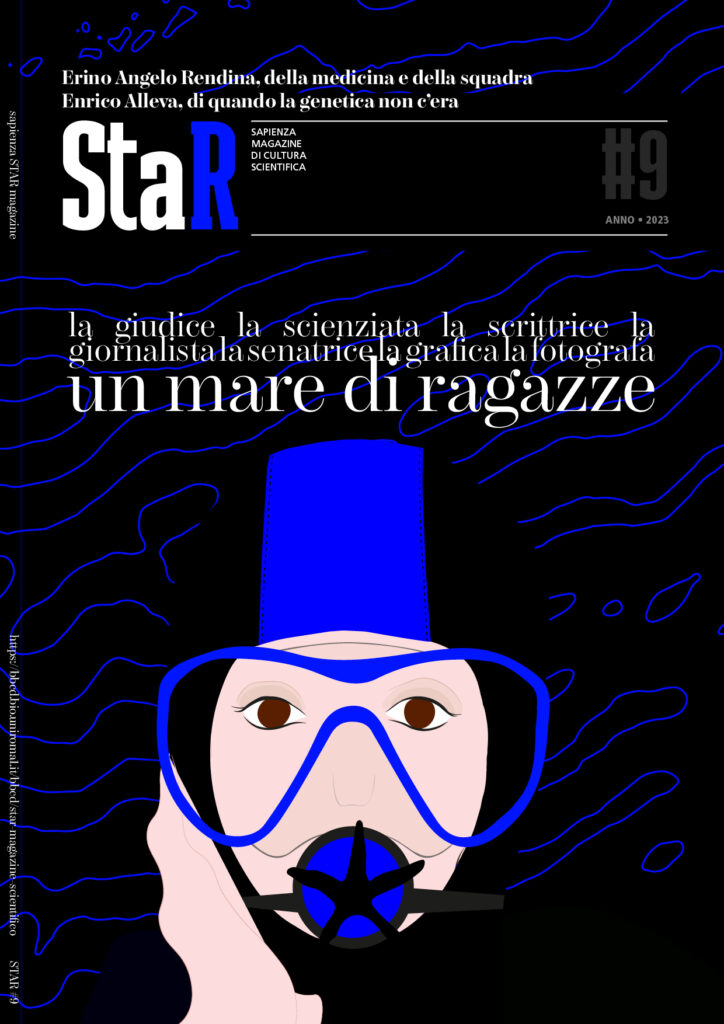
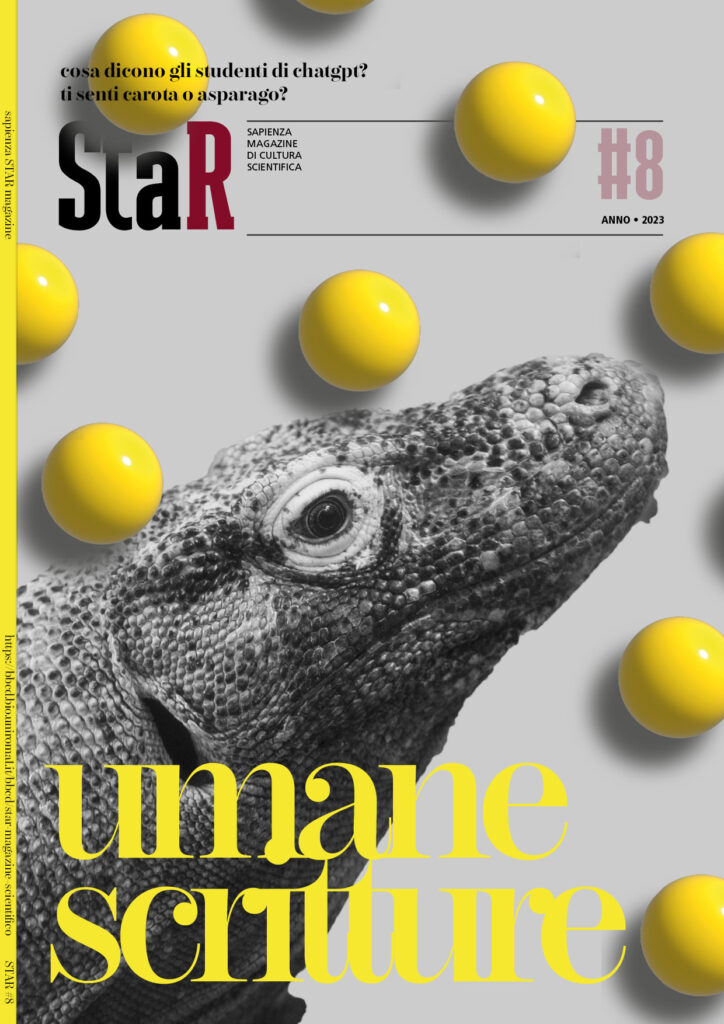
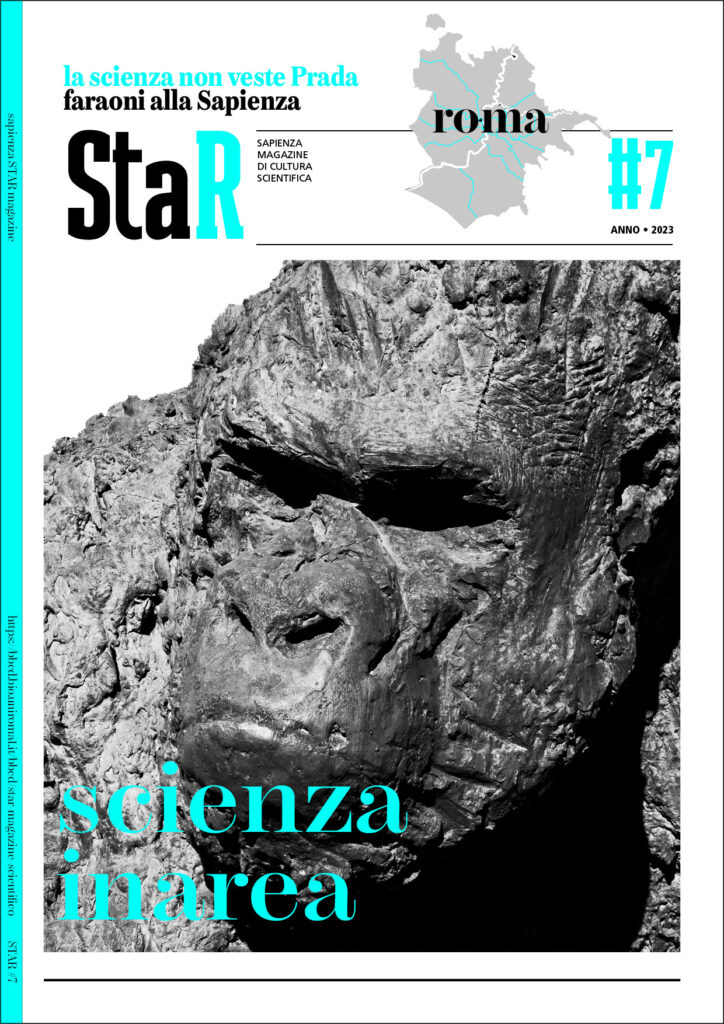

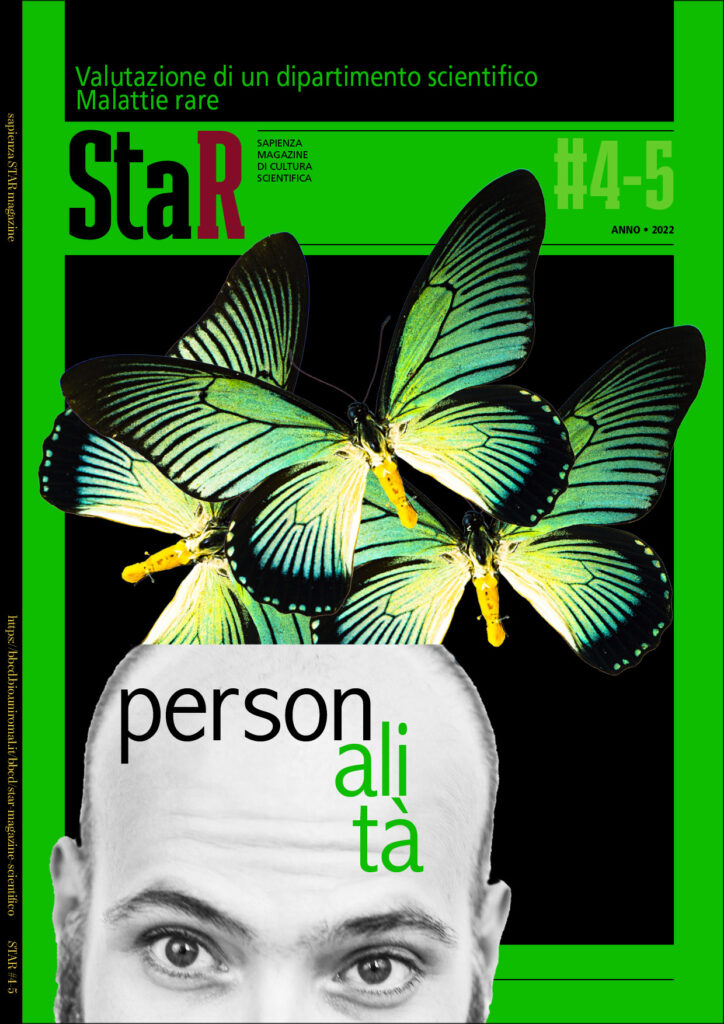

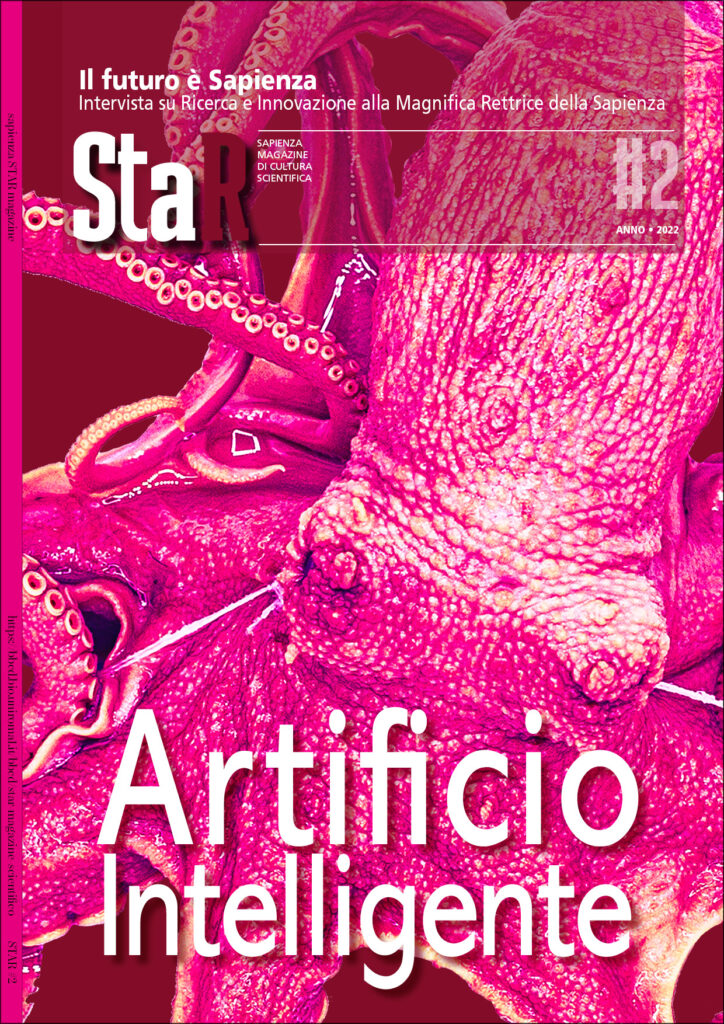

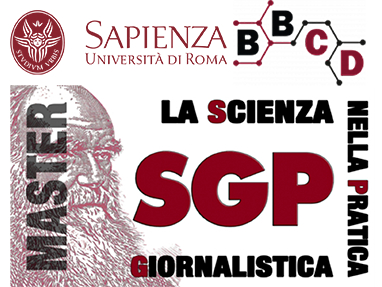
Commenti recenti